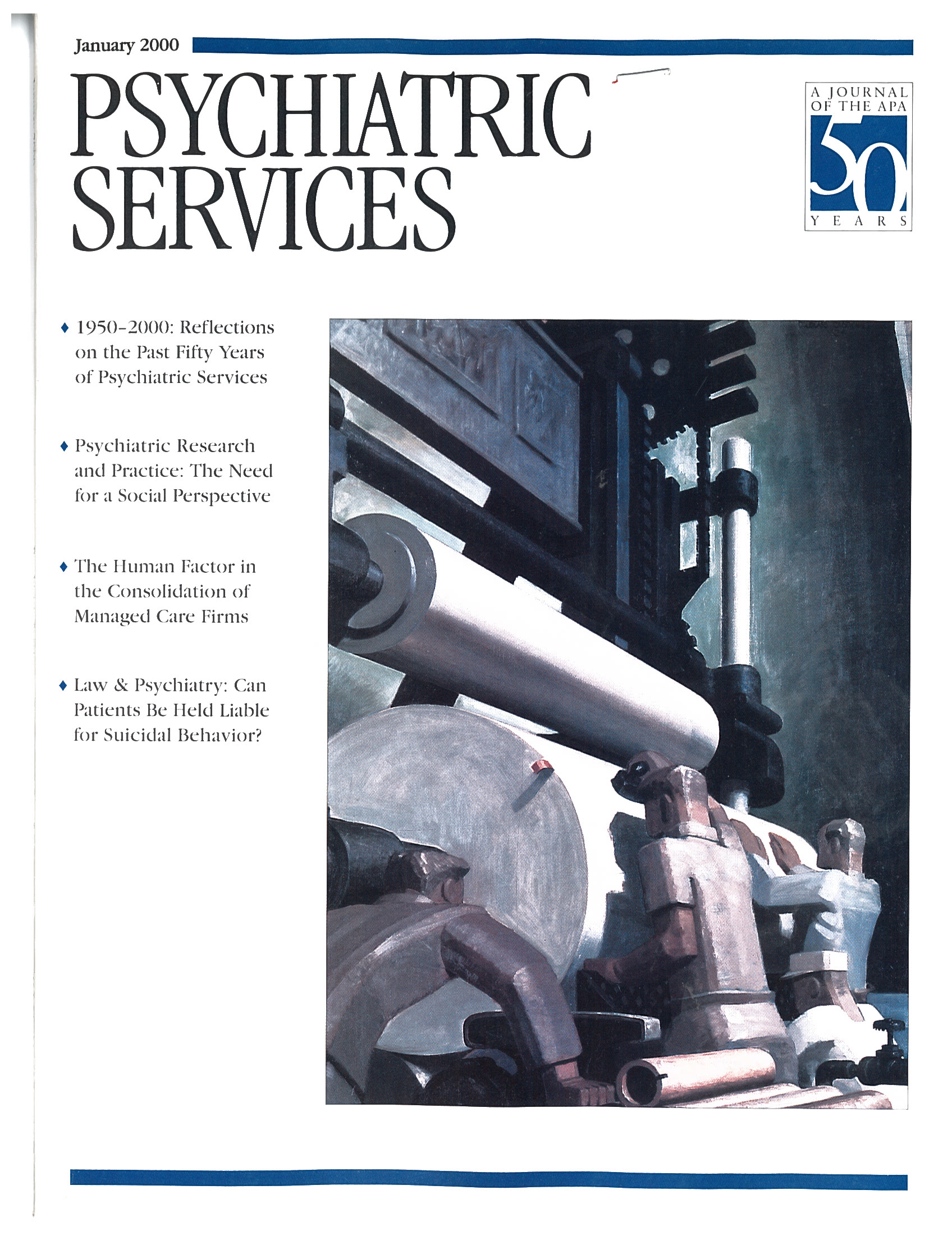Overcoming Social Amnesia: The Role for a Social Perspective in Psychiatric Research and Practice
Abstract
Psychiatry's reliance on biological models has resulted increasingly in the social realm's being dismissed or trivialized. The author examines the adverse consequences of this situation for psychiatric research and practice and suggests methods for addressing the problem. He describes how the social perspective has been extruded from discussions about the definition, future, and accomplishments of psychiatry, and he reviews four areas in which the biological model has produced unvalidated assumptions about the etiology, course, and prevention of mental disorders. The author shows how the social realm is intrinsic to concepts of mind and mental illness, and he describes seven ways in which a social perspective can provide a complement or a corrective to the prevailing assumptions of biological models, indicate new points of departure, and suggest methods for psychiatry's expansion.



